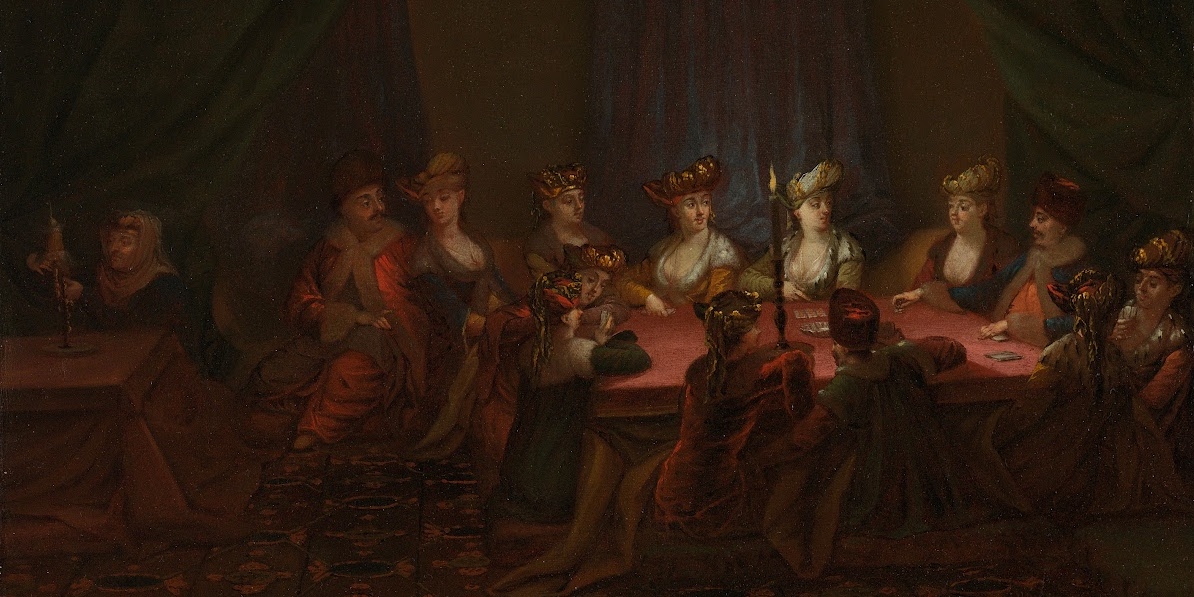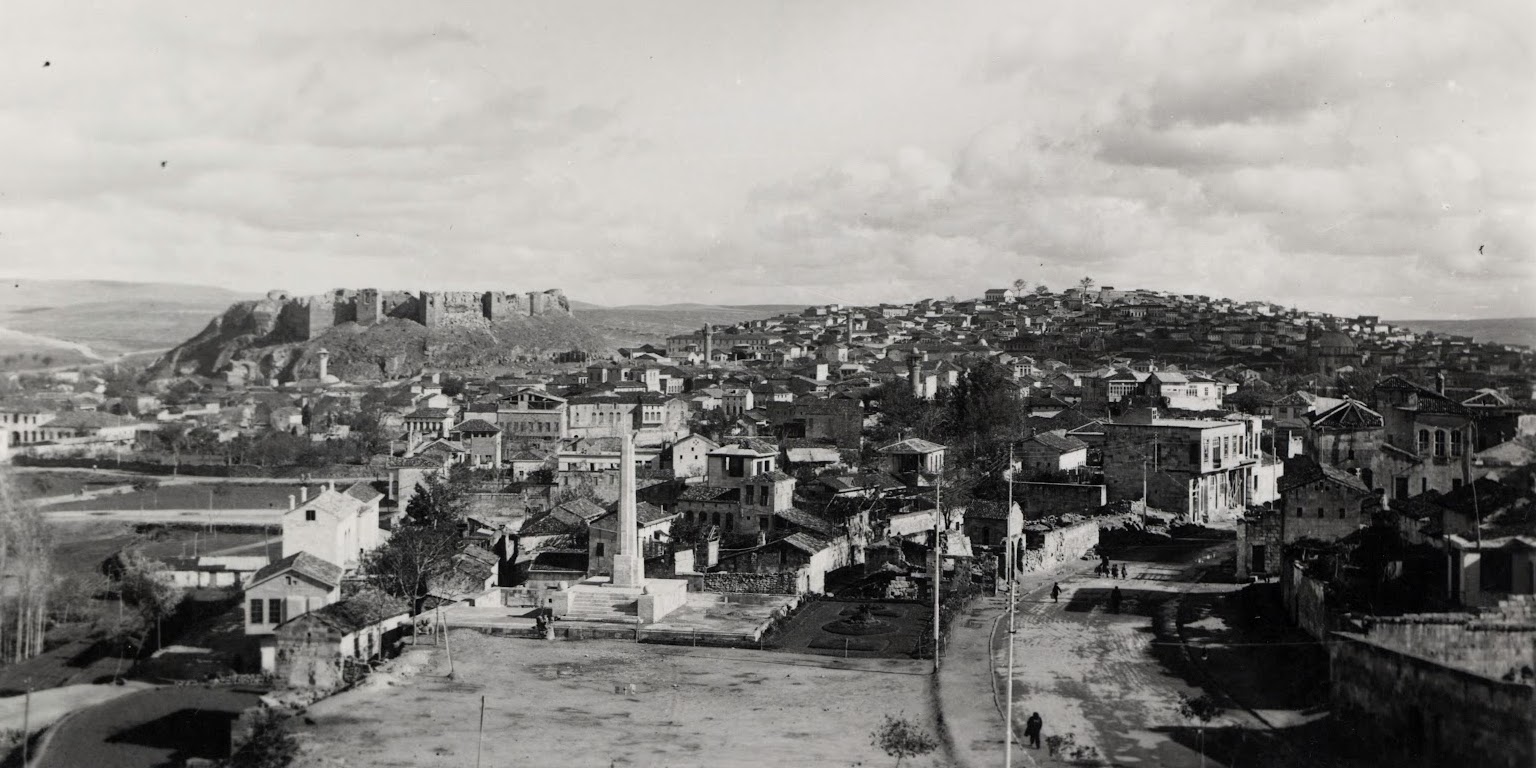Social Networks in Ottoman Reform
Episode 427
hosted by
Matthew Ghazarian
How do social networks determine the results of government reform? In this episode we examine this quesiton during the Tanzimat reform era (1839-76) with historical sociologist Yonca Köksal. Her research focuses on the differing outcomes of the Tanzimat in two core provinces of the Ottoman Empire, Ankara and Edirne. Applying social network analysis to imperial correspondence and provincial petitions, Köksal shows how differing network structures could lead to different outcomes in government reforms, empowering local dynasties in some areas and giving rise to cross-confessional coalitions in others.
Stream via SoundCloud
Contributor Bios

|
Yonca Köksal is Associate Professor at the Department of History at Koç Univeristy. Her research focuses on political and historical sociology, state formation, nationalism, and the 19th century Ottoman Empire. |

|
Matthew Ghazarian is a Ph.D. Candidate in Columbia University's Department of Middle Eastern, South Asian, African Studies. His research focuses on the intersections of sectarianism, humanitarianism, and famine in central and eastern Anatolia between 1839 and 1893. |
Credits
Episode No. 427
Release Date: September 17 2019
Recording Location: Istanbul
Audio editing by Matthew Ghazarian
Music: "Istanbul" by Karagüneş
Bibliography courtesy of Yonca Köksal and images courtesy of the Library Congress
Release Date: September 17 2019
Recording Location: Istanbul
Audio editing by Matthew Ghazarian
Music: "Istanbul" by Karagüneş
Bibliography courtesy of Yonca Köksal and images courtesy of the Library Congress
Images

|
| A view of Ankara's old city, including the citadel c. 1872 illustration in Exploration archéologique de la Galatie et de la Bithynie, d'une partie de la Mysie, de la Phrygie, de la Cappadoce et du Pont (Paris: Firmin Didot frères, fils et cie, 1862-72, Volume 2, Plate 69). Permalink: https://lccn.loc.gov/2009631562 |

|
| A view of an imperial military middle school in Edirne, c. 1880-93 from the Abdülhamid II Collection at the Library of Congress. Permalink: https://lccn.loc.gov/2001699958 |
Select Bibliography

|
Aymes, Marc. A Provincial History of the Ottoman Empire: Cyprus and the Eastern Mediterranean in the 19th Century. Oxon: Routledge, 2015.
Bragg, John. Ottoman Notables and Participatory Politics. London: Routledge, 2014.
Kırlı, Cengiz. "Yolsuzluğun İcadı: 1840 Ceza Kanunu, İktidar ve Bürokrasi [The Invention of Corruption: 1840 Criminal Law, Authority and Bureaucracy.]" Tarih ve Toplum 4 (2006): 45–119.
Köksal, Yonca. “Coercion and Mediation: Centralization and Sedentarization of Tribes in the Ottoman Empire.” Middle Eastern Studies 42, no. 3 (May 2006): 469–491.
Kuehn, Thomas. Empire, Islam and Politics of Difference. Leiden: Brill, 2011.
Petrov, Milan. “Everyday Forms of Compliance: Subaltern Commentaries on Ottoman Reform, 1864–1868” Comparative Studies in Society and History 46, no. 4 (2004): 730–759.
Reinkowski, Maurus. Die Dinge der Ordnung. Eine vergleichende Untersuchung über die osmanische Reformpolitik im 19. Jahrhundert. Munich: R. Oldenbourg Verlag, 2005.










Comments
Post a Comment
Due to an overwhelming amount of spam, we no longer read comments submitted to the blog.